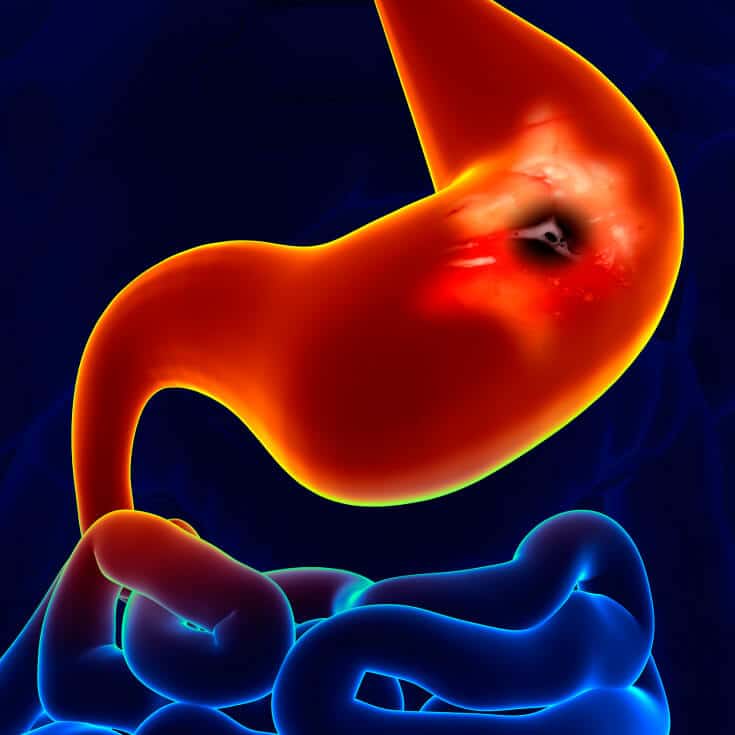Protect Your Stomach, Heal Your Life!
Living with an ulcer can be a painful and challenging experience. Diet plays a crucial role in managing this condition and promoting healing. If you have an ulcer, knowing which foods to avoid is essential for your comfort and well-being. Read on to discover the key foods you should steer clear of, and take the first step towards a healthier, ulcer-free life!
An ulcer is a sore that develops on the lining of the stomach, small intestine, or esophagus. The most common types include peptic ulcers, gastric ulcers, and duodenal ulcers. Symptoms can range from burning stomach pain to bloating, heartburn, and even nausea.
While medications and lifestyle changes are crucial for ulcer treatment, diet is equally important. Certain foods can irritate the stomach lining, increasing acid production and worsening symptoms. By avoiding these foods, you can help minimize discomfort and support the healing process.
- Spicy Foods: Spicy foods, such as chili peppers, hot sauces, and certain types of curries, can irritate the stomach lining and exacerbate ulcer symptoms.
- Acidic Foods and Beverages: Foods high in acid, like citrus fruits (oranges, lemons), tomatoes, and vinegar-based dressings, can increase stomach acidity and cause discomfort.
- Caffeinated Drinks: Caffeine, found in coffee, tea, and some sodas, can stimulate stomach acid production, leading to irritation and pain.
- Alcohol: Alcohol can erode the stomach lining, making it more susceptible to ulcer formation and aggravation.
- Fatty and Fried Foods: High-fat and fried foods can slow digestion and increase stomach acid production, causing discomfort and pain.
- Chocolate: Chocolate contains caffeine and other stimulants that can increase stomach acid and irritate the stomach lining.
- Carbonated Beverages: Carbonated drinks can cause bloating and increase stomach acid, leading to discomfort and pain.
- Processed Foods: Processed foods often contain preservatives, artificial ingredients, and high levels of fat and salt, which can irritate the stomach.
Tips for an Ulcer-Friendly Diet
- Eat Smaller, Frequent Meals: Large meals can increase stomach acid production. Opt for smaller, more frequent meals throughout the day.
- Include Fibre-Rich Foods: Foods like oats, barley, and whole grains can help regulate digestion and reduce ulcer pain.
- Stay Hydrated: Drink plenty of water throughout the day to help dilute stomach acid and promote healing.
- Opt for Low-Fat Dairy: If you consume dairy, choose low-fat options to avoid excessive fat intake.
Managing an ulcer requires careful attention to your diet. By avoiding spicy, acidic, caffeinated, and fatty foods, as well as alcohol and processed products, you can help reduce symptoms and promote healing. Always consult with a healthcare professional for personalized advice and treatment options. Start making these dietary changes today and take control of your ulcer management journey!
For more tips and information on managing your health, visit Herbivr Ghana and join our community of wellness seekers or call 0208924904. Remember, a balanced diet is the key to a healthier, happier you!

